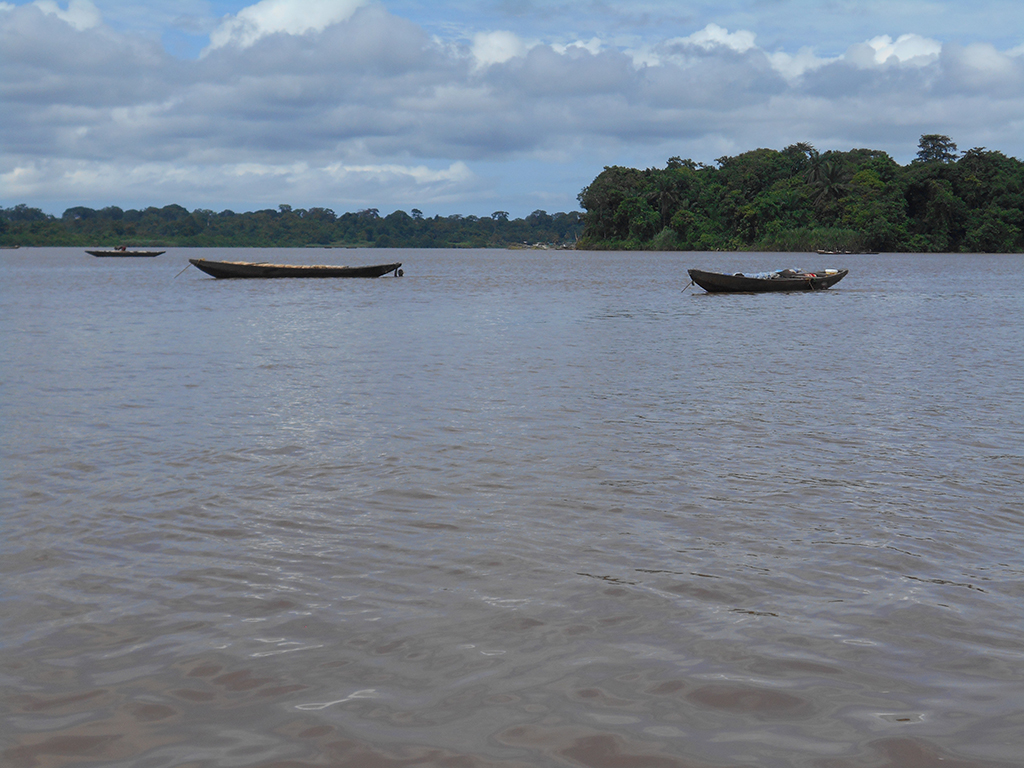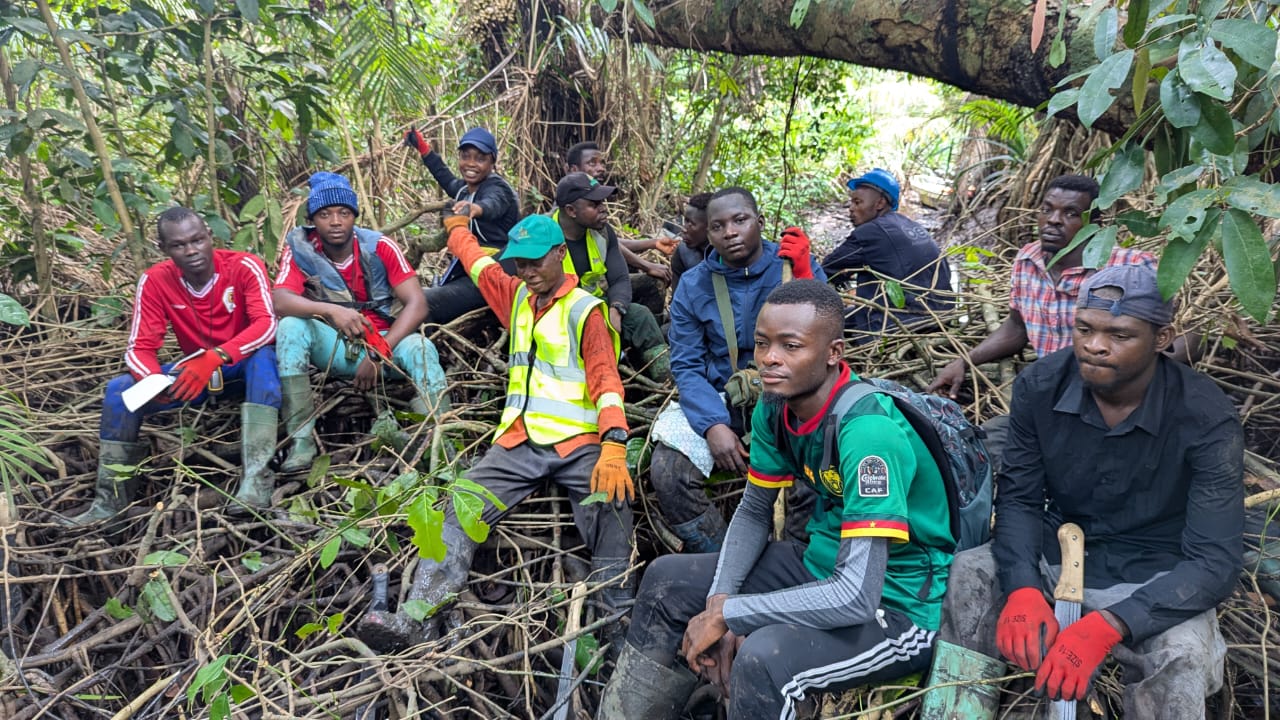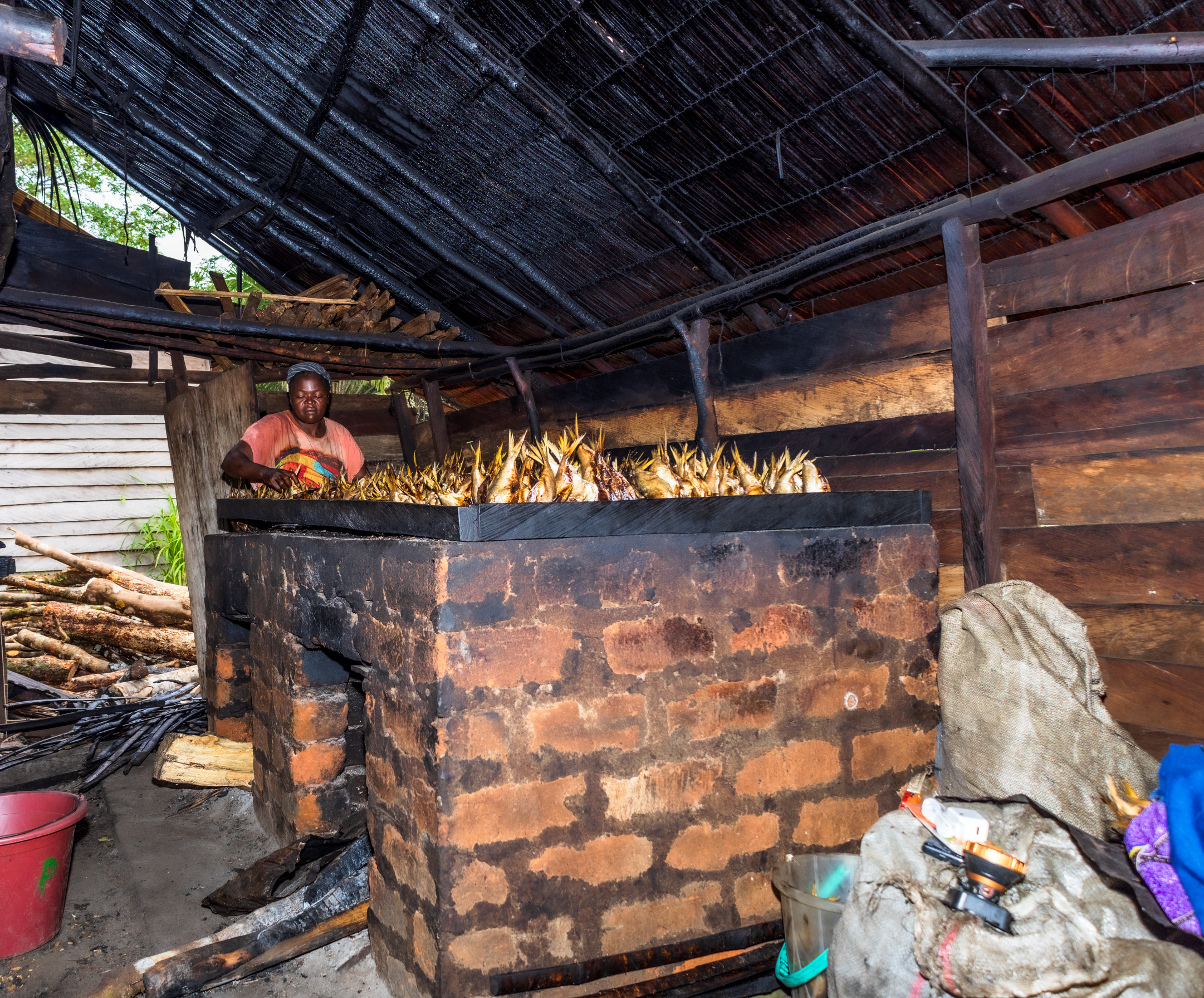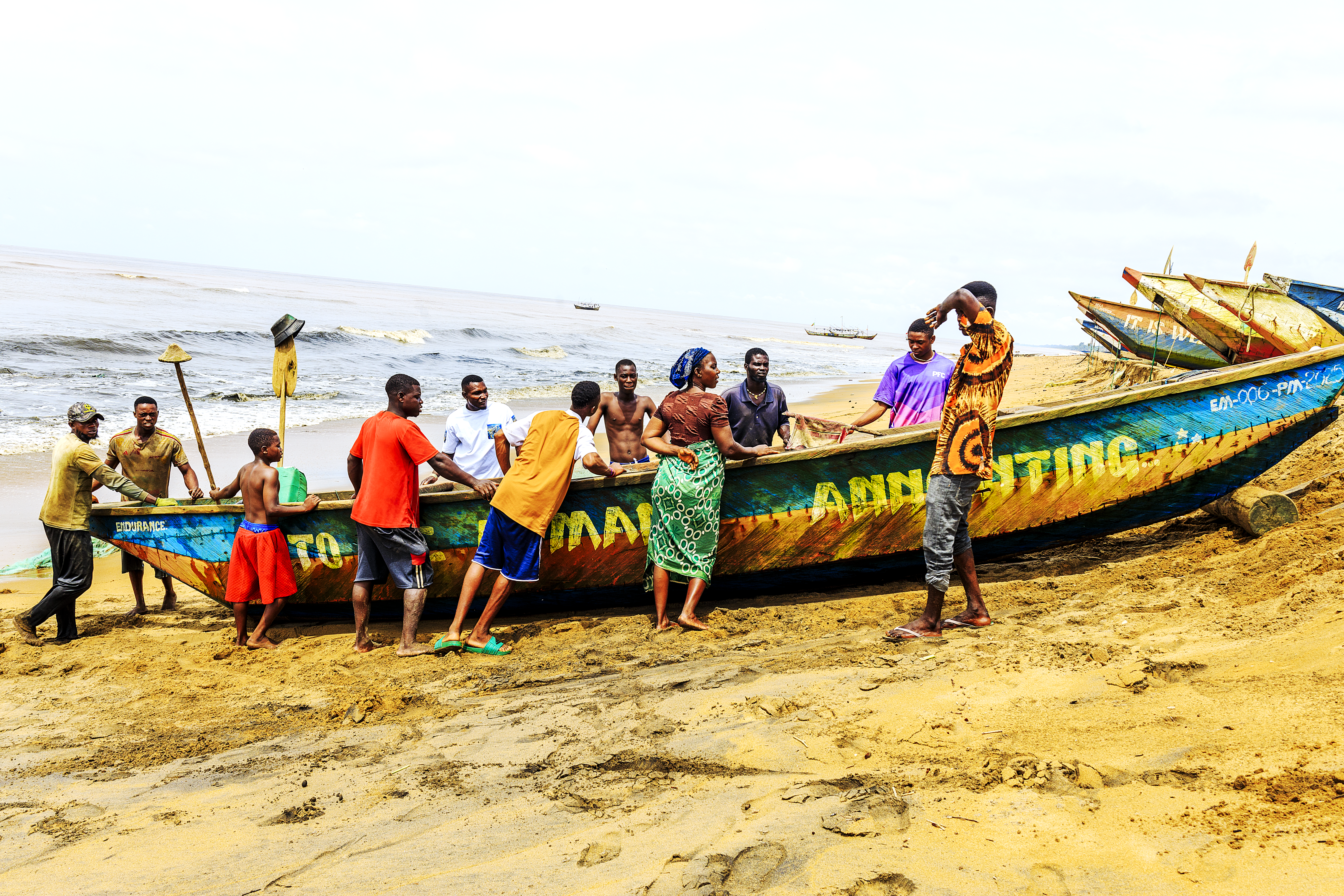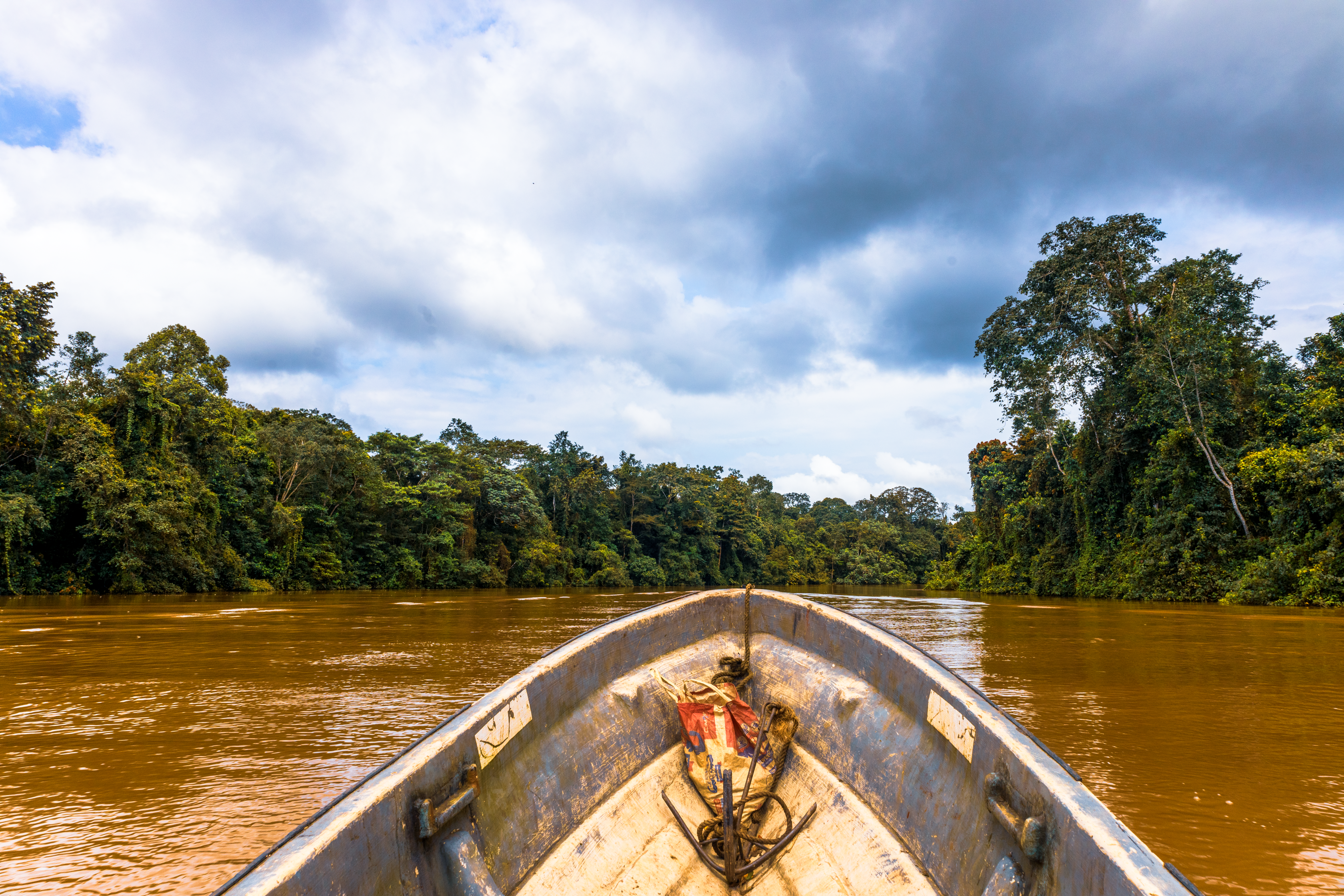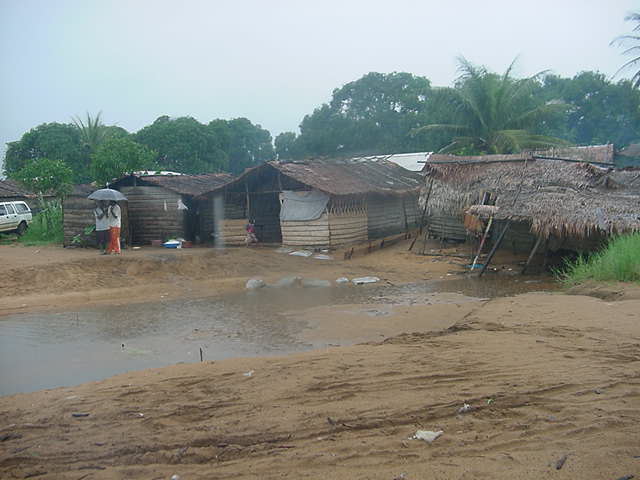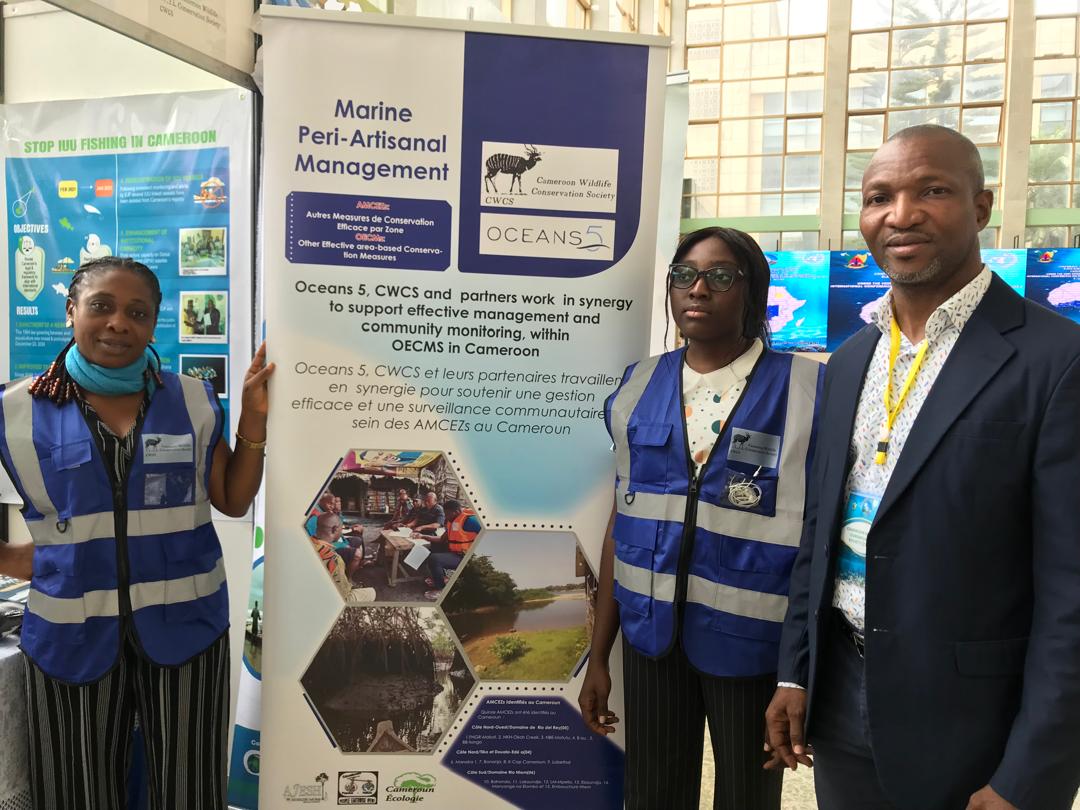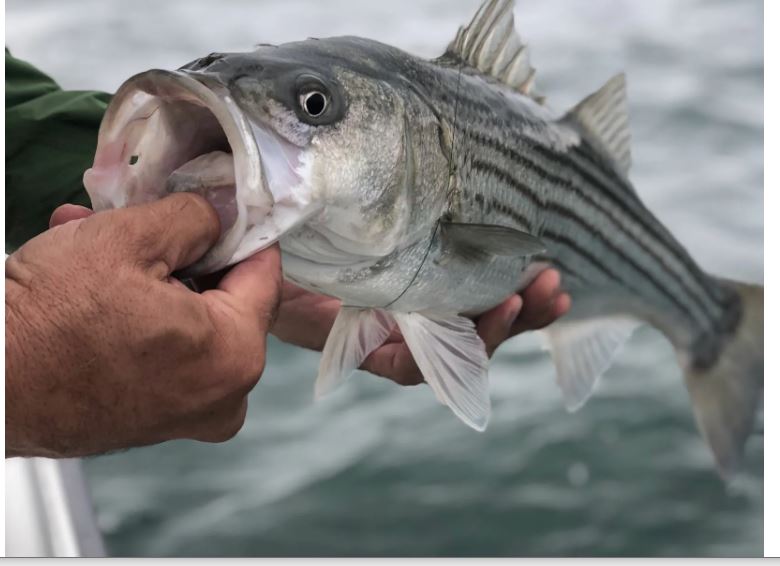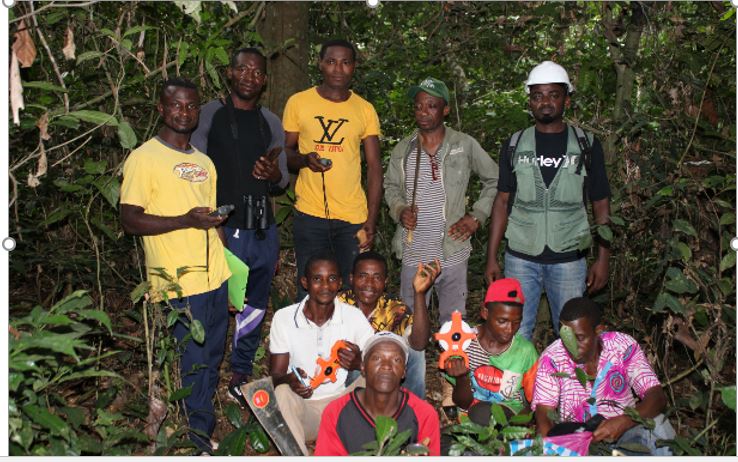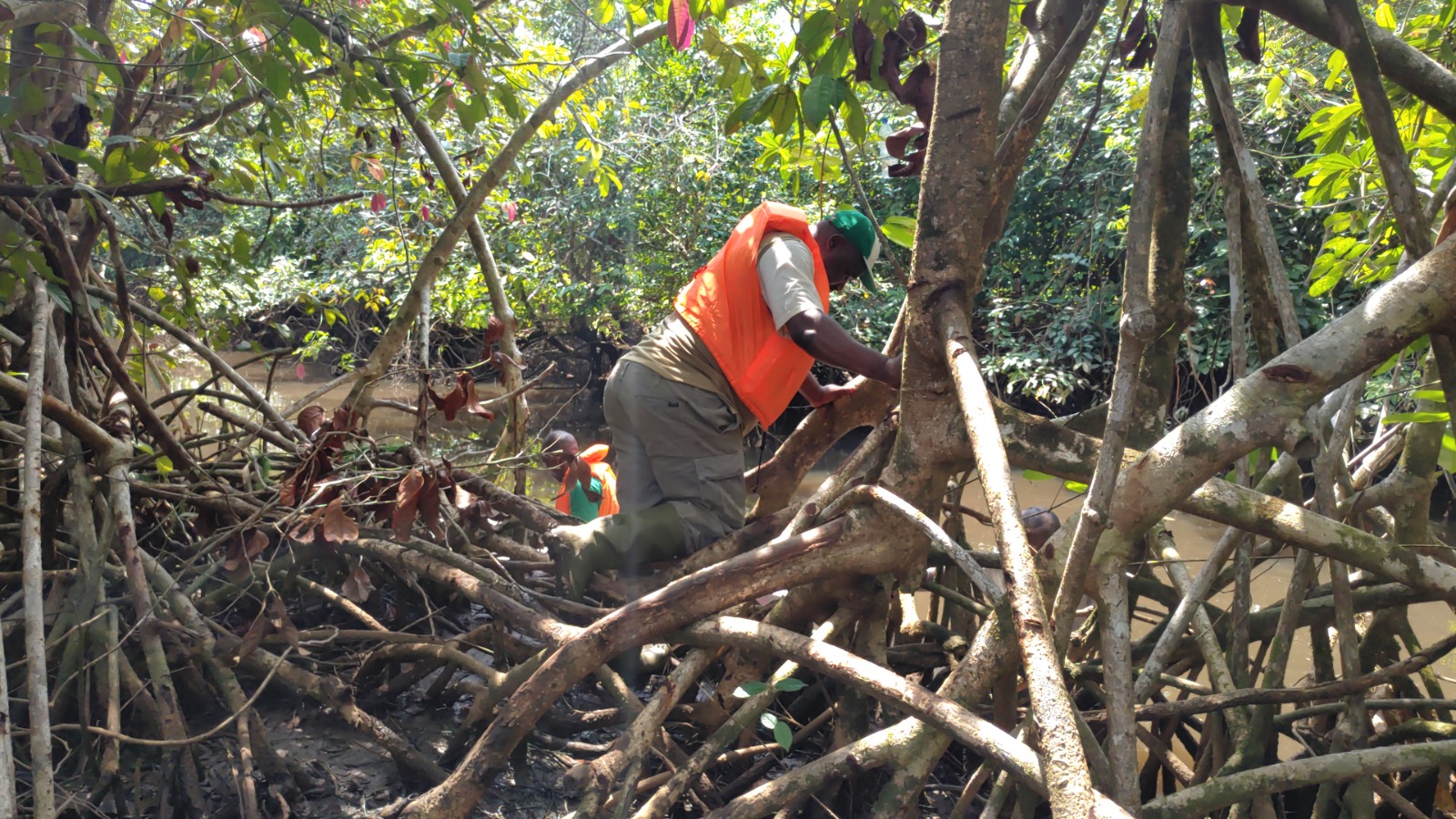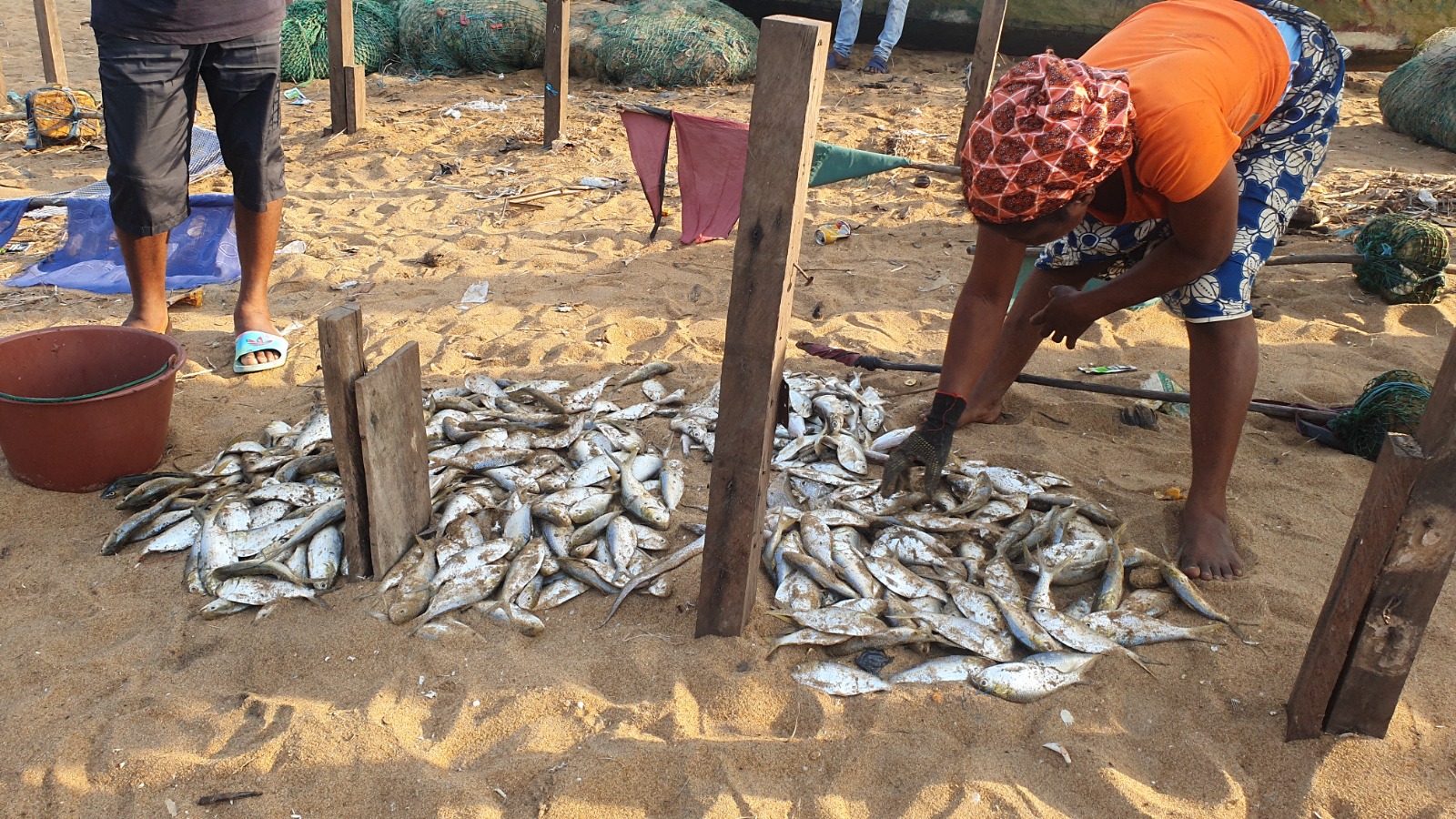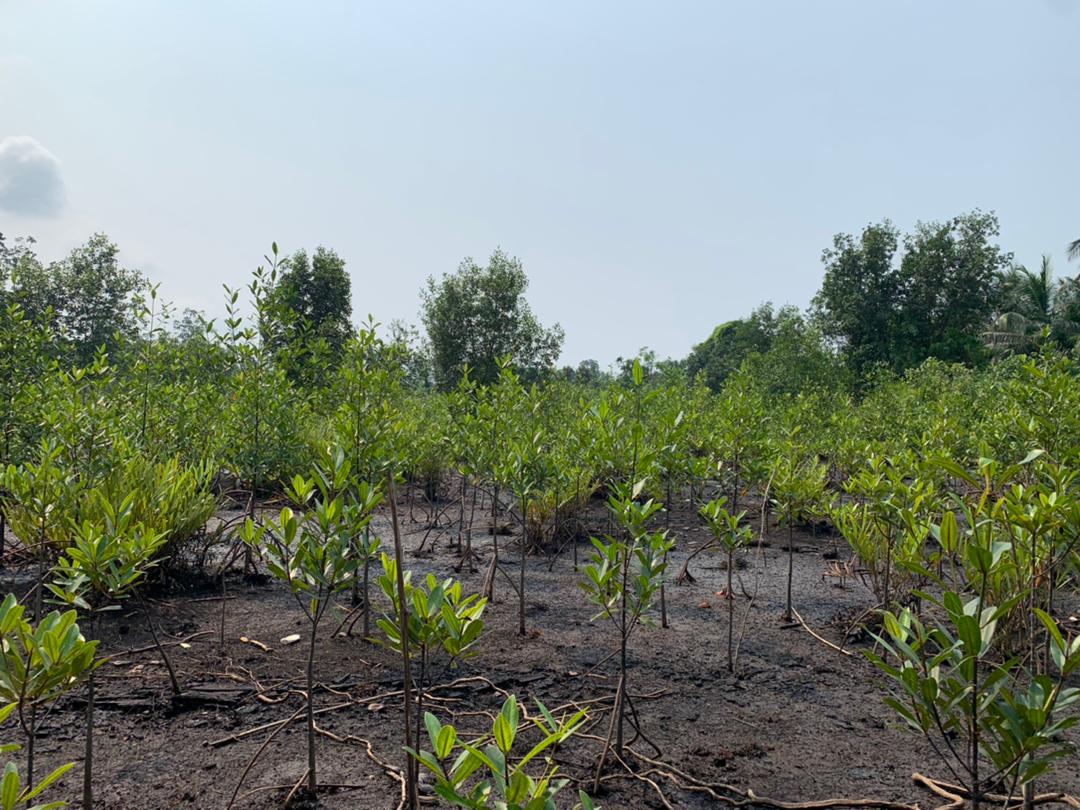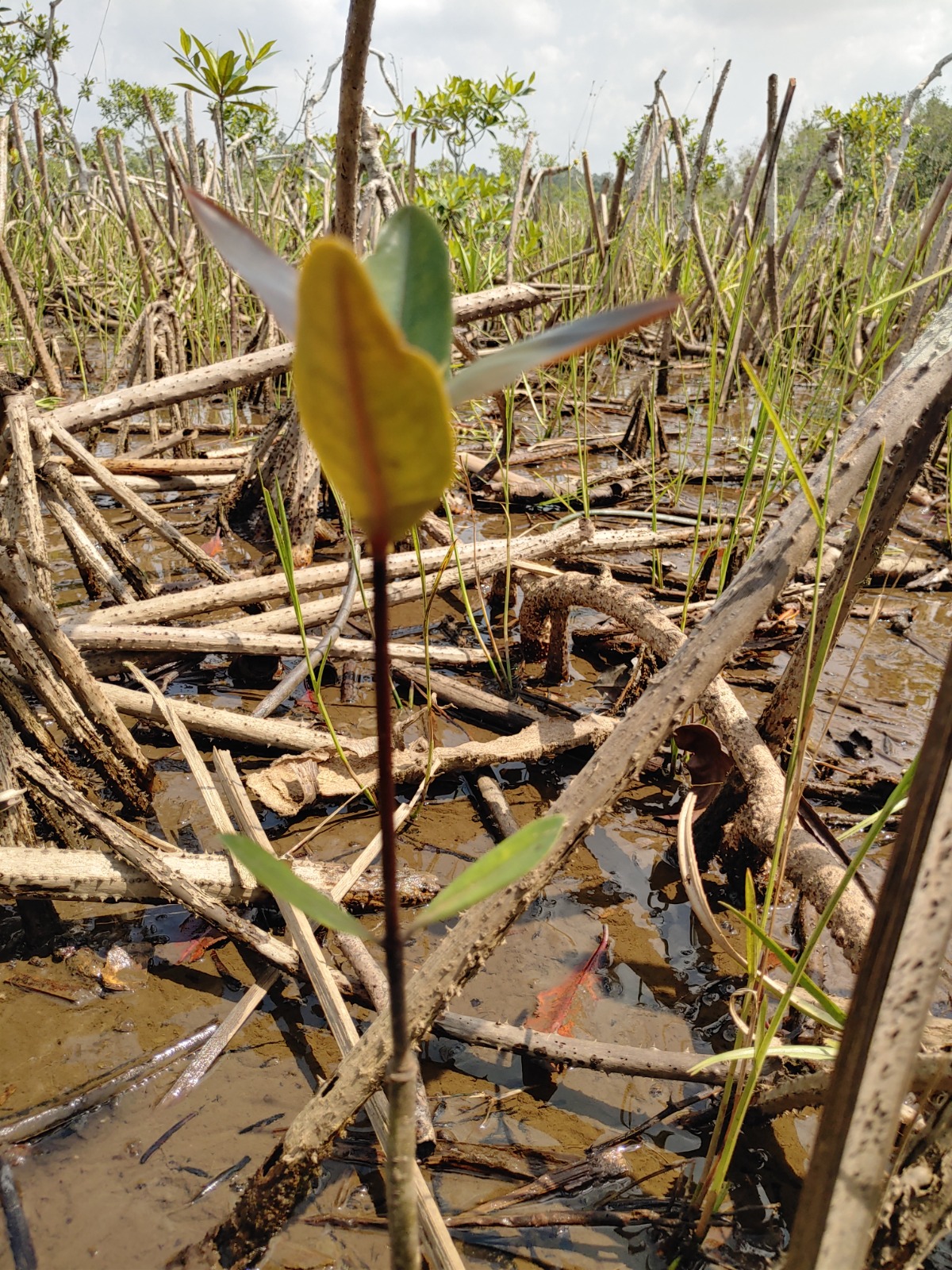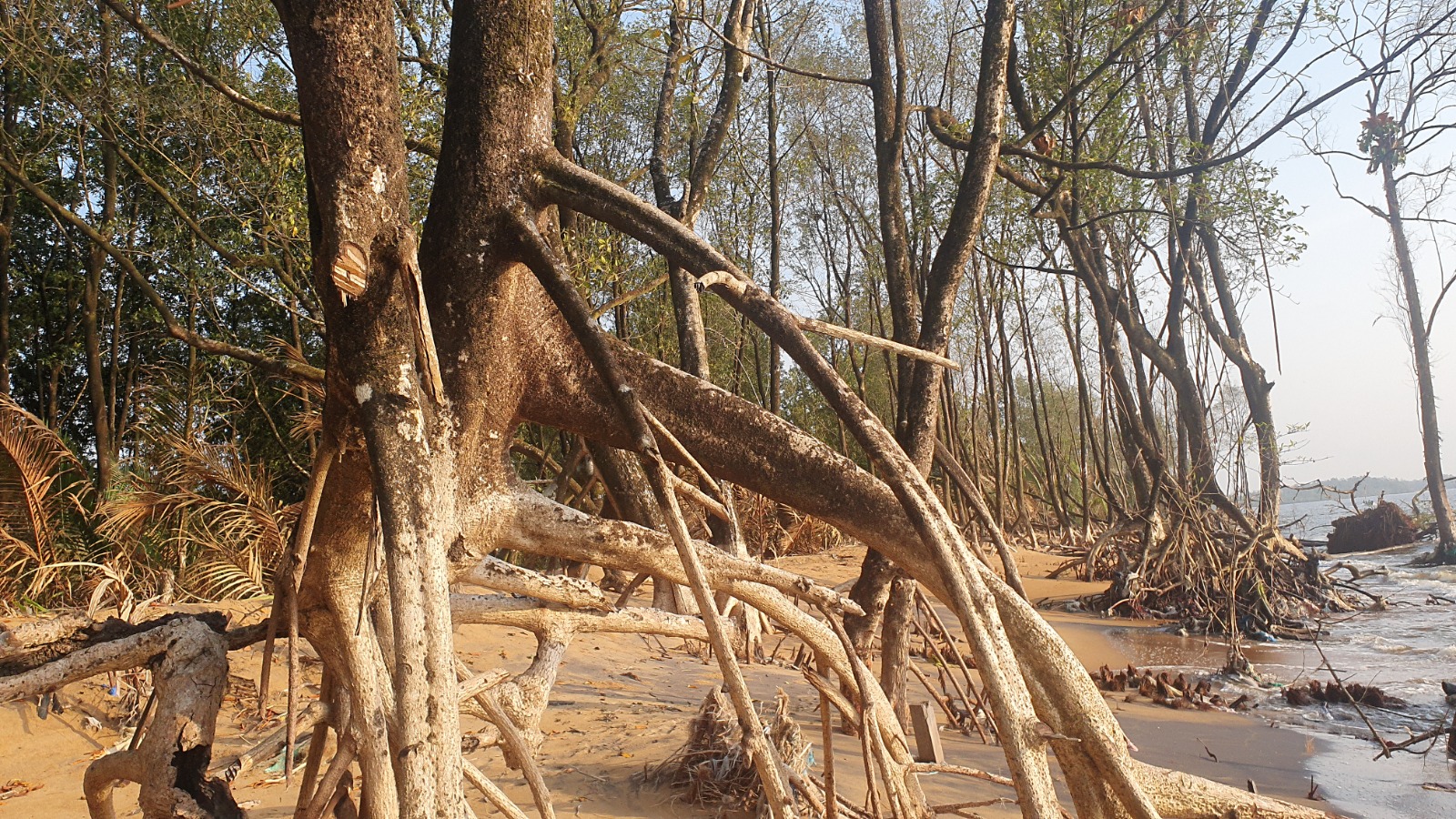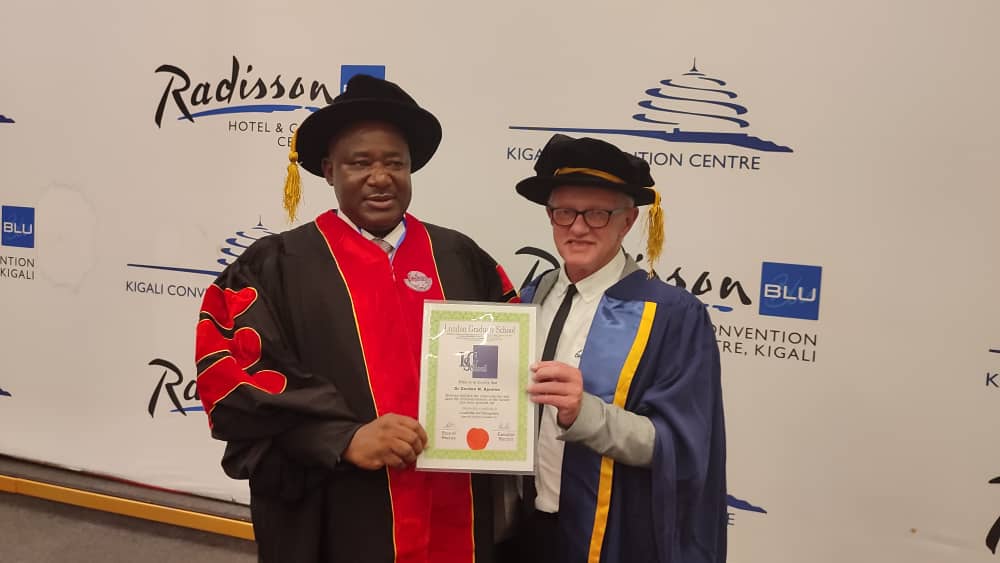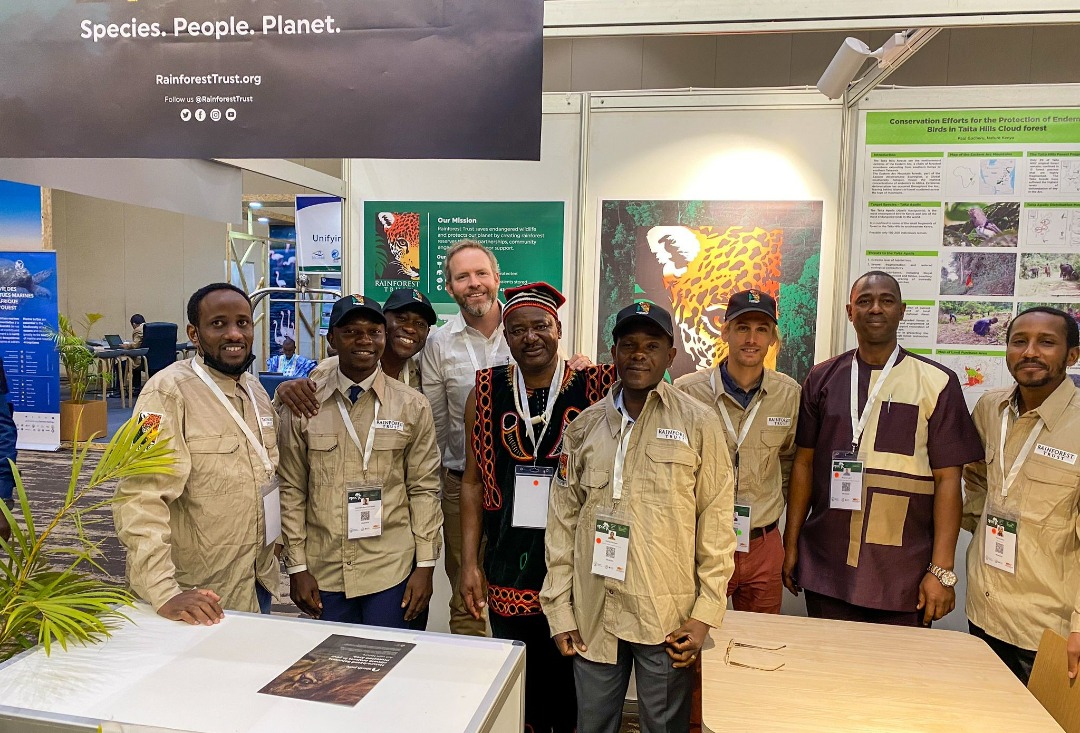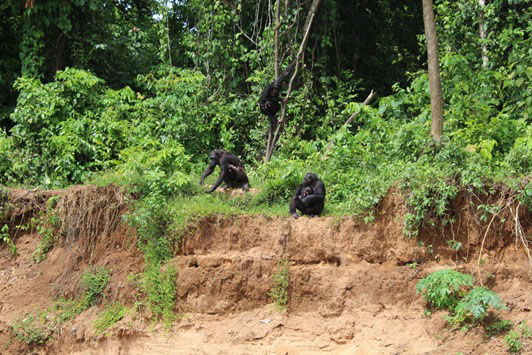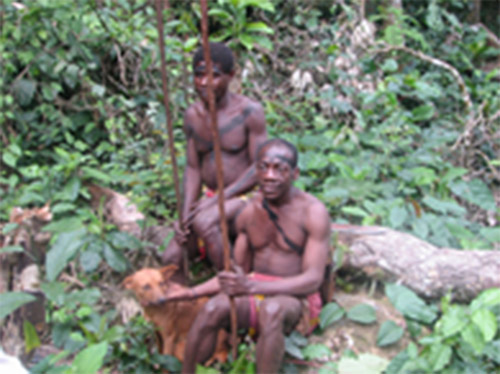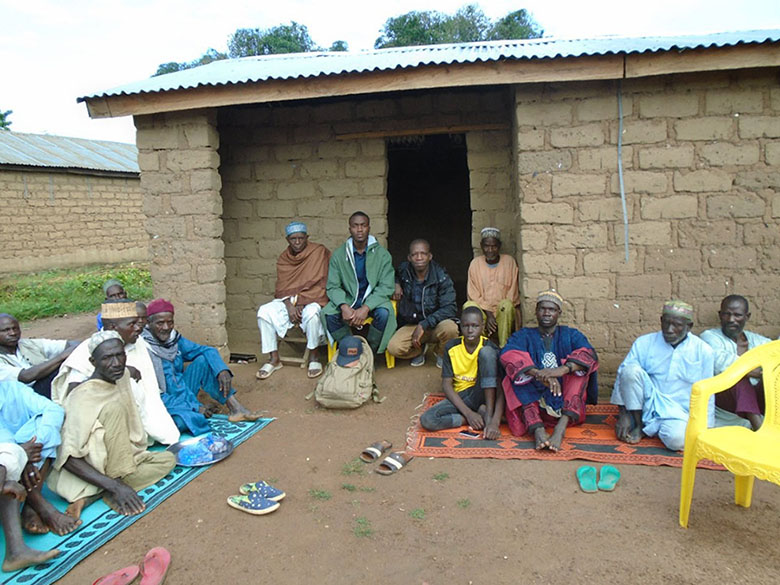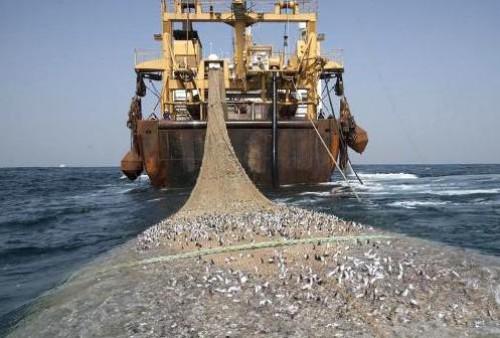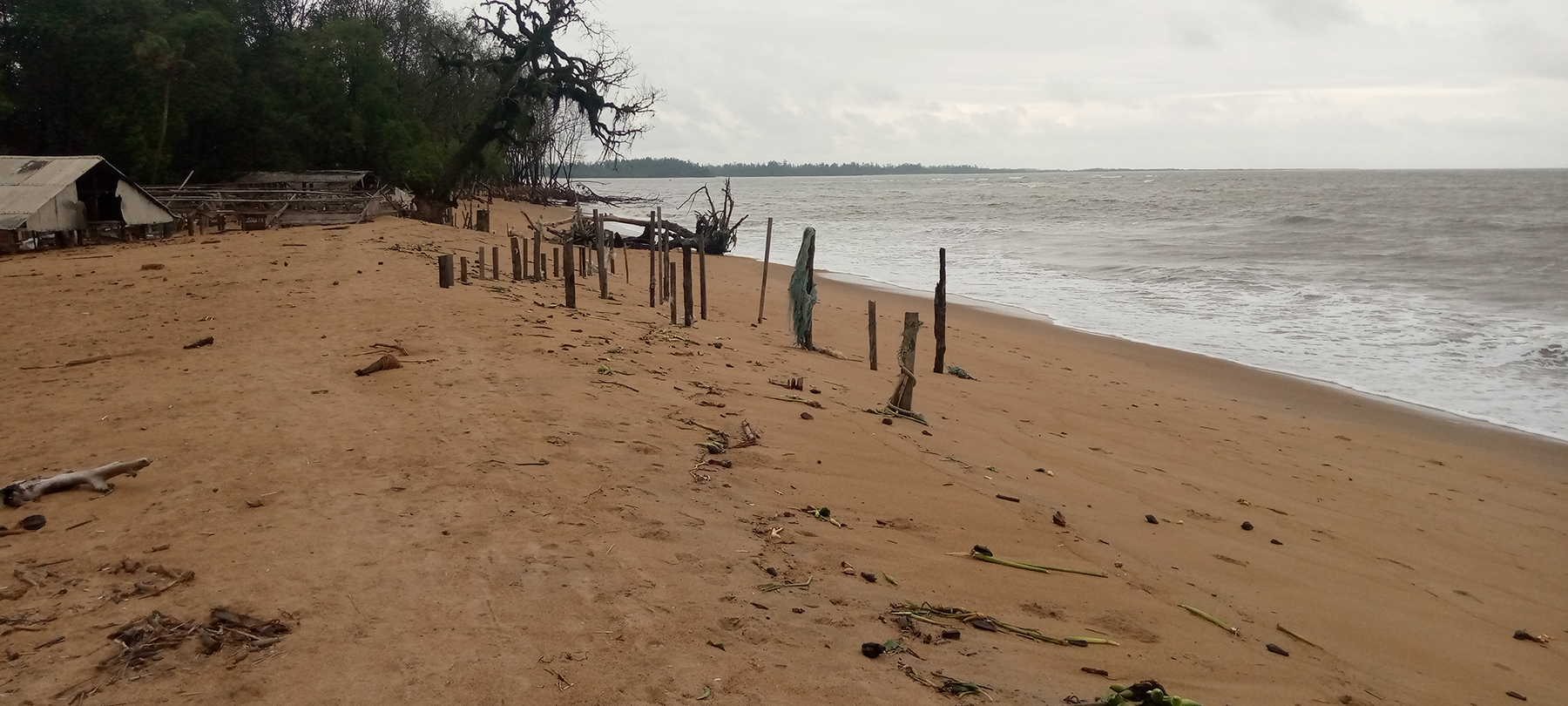The year 2022 marked a watershed for the Cameroon Wildlife Conservation Society (CWCS). As world leaders, stakeholders and activists for the protection of nature concerted and raised their voices to find sustainable solutions to climate change and a deal to reverse global biodiversity loss, CWCS made vital contributions in the crusade to keep the planet safe. Imbued with invaluable field experience, we stepped into the sea through the launch of the first Marine Protected Area (MPA) and Industrial Fishing Project in Cameroon.
This is a flagship participatory project that will support sustainable exploitation of marine coastal resources through advocacy against unsustainable industrial fishing practices and develop guidelines for management of marine section of Douala-Edéa National Park. This year also saw the ramping up of efforts for forest landscape restoration and sustainable use of local plant species and tree products for biodiversity conservation, sustainable livelihoods and emissions reduction in Cameroon. More than 21000 mangroves seedlings and 10000 non timber forest products (NTFP) have been nurtured and planted in a bid to restore at least 40 hectares of degraded land and provide sorely needed income for local people. With support from our donors, we successfully and scientifically ascertained that some 100 chimpanzees are still found in the Douala-Edea National Park, despite existential threats. We also assessed status and existing threats to leopard populations in Tchabal Mbabo montane reserve located in the Adamawa Region of Cameroon. Photo stepping into these a CWCS joined other global practitioners in protected area management for the first ever Africa Protected Area congress (APAC) in Kigali, Rwanda to share vital knowledge on the importance of co-management for the improvement of the livelihoods of indigenous people and local communities (IPLCs) living around protected areas. The success in managing protected areas strongly depends on support and collaboration from surrounding IPLCs. Preoccupied by the health of the population of the communities living around Douala-Edea landscape, CWCS partnered with a local NGO Horizon 2000 to implement a project to collect and valorize waste and adopt best agricultural practices around the Douala-Edea National Park. True to our tradition, every year we help train the next generation of scientists, educators, and conservationists. This year CWCS trained 20 professional and academic interns in various domains. These array of successes came with several challenges linked to survival rates of nurtured plants, inadequate financial resources to extend our work to areas vital for the protection of wildlife and precious ecosystems, amongst others. We want to doff our hats in guise of appreciation to our donors for the unflinching support and confidence bestowed on us. Without you we could not have reached the milestones for this. As we move into 2023, we remain optimistic that the perspective for a better world where humans and nature will thrive in harmony are tantalizingly close.
There is reason to be hopeful. Some 195 countries on December 19, 2022 in Montreal, Canada agreed to protect 30% of the planet by 2030, restore 30% of damaged ecosystems and double resources for protecting nature, during the conference of Parties to the Convention on Biodiversity (CBD COP15). This is historic agreement that bodes well for the planet and humanity. Let us hope for a better 2023 with your support.
Thank you.
